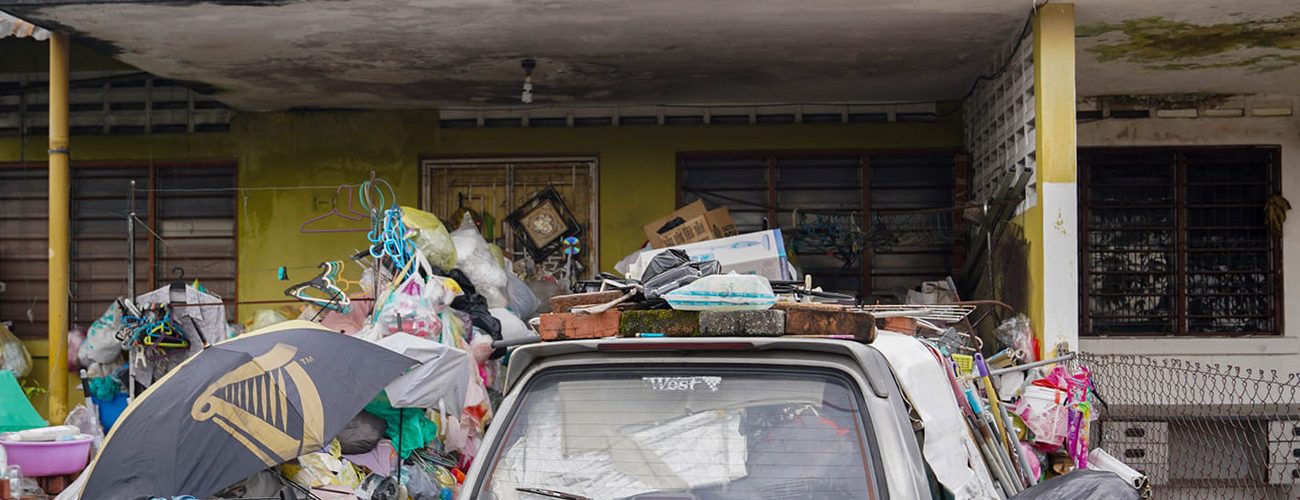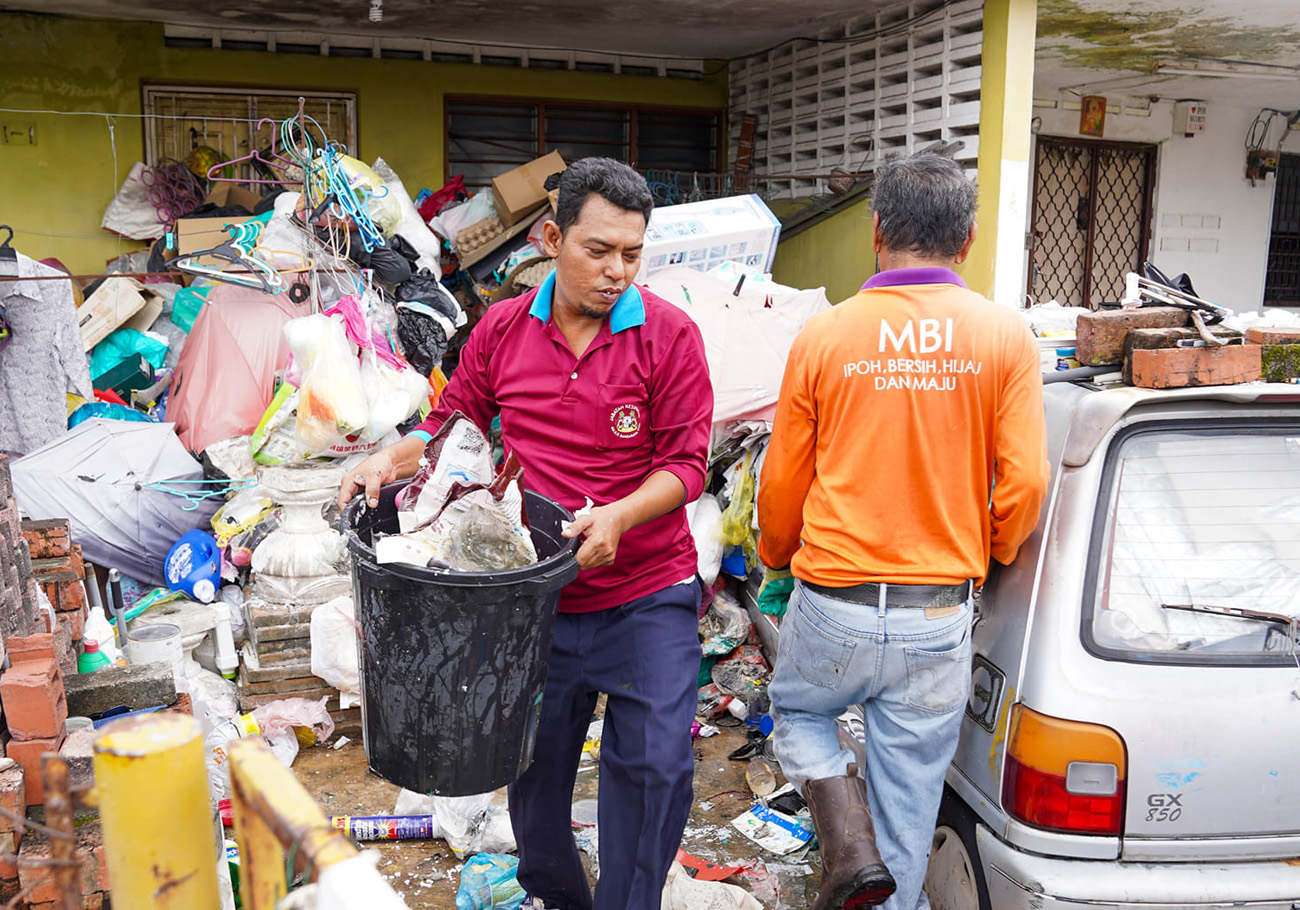
An elderly woman in her 60s, driven by an obsessive concern for the environment, transformed her home into a nightmarish “warehouse” for accumulating garbage. The Ipoh City Council (MBI) recently intervened, deploying three eight-tonne lorries to remove an estimated three-tonne mountain of rubbish from her residence in Jalan Merpati, Taman Ipoh.
This marks the third time that MBI has had to initiate a cleanup operation at this property due to the owner’s refusal to cease her hoarding activity despite numerous advisories. Even a referral to the Department of Social Welfare (JKM) for counselling failed to address the issue, as the elderly individual persisted in amassing recyclables.
Action poses risks to the safety and health
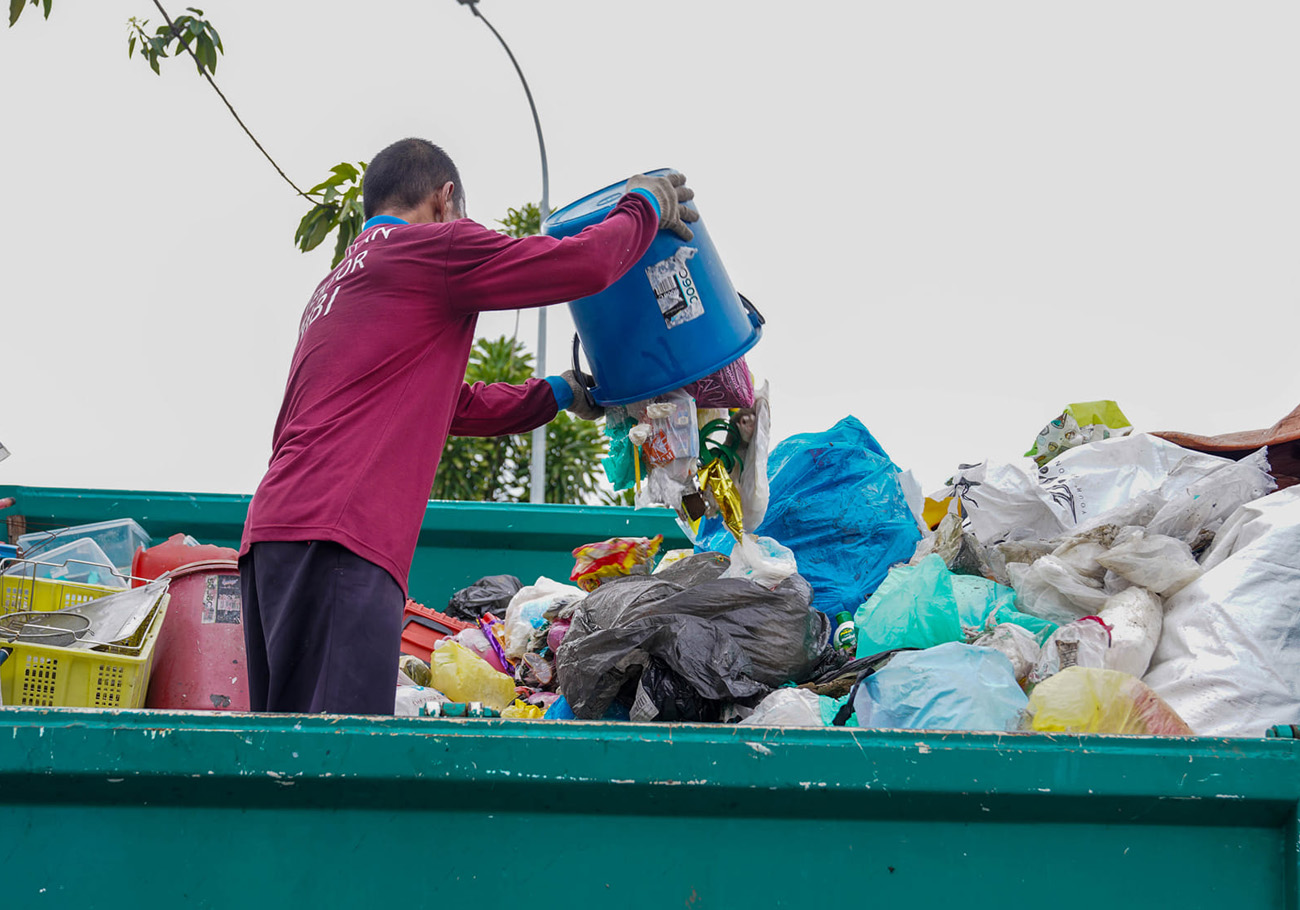
The ongoing problem dates back to 2020 when complaints about the nuisance arising from the property first surfaced. The woman’s practice of storing garbage for recycling purposes has raised significant practical concerns.
Accumulating recyclables in an unmanaged condition within a residential setting can lead to foul odours, infestations of rats and other pests, and the breeding of disease-carrying mosquitoes.
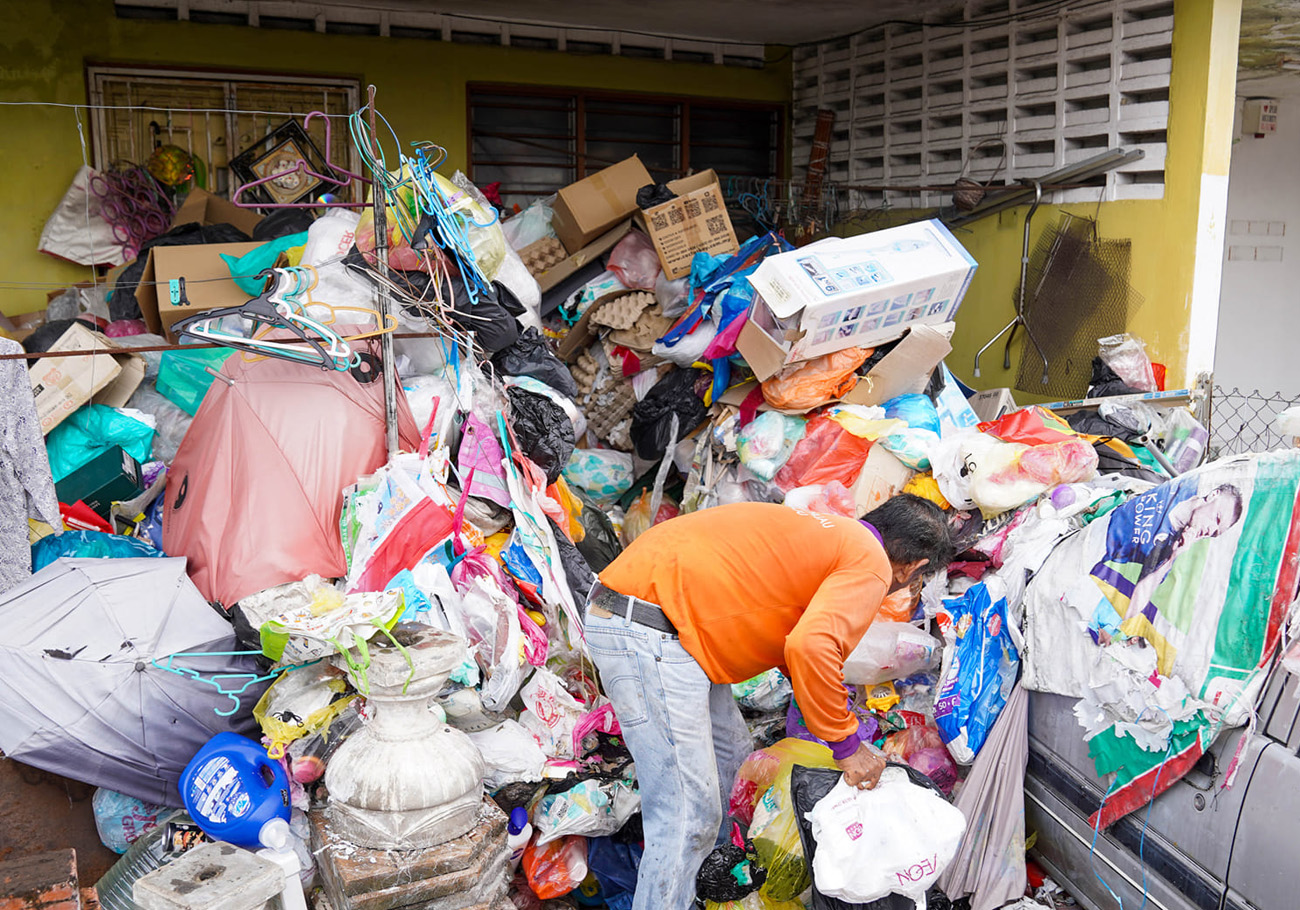
Furthermore, this activity poses risks to the safety and health of the neighbourhood’s residents and degrades the overall aesthetics of the area. Ipoh City Council (MBI) has taken a strong stance against such practices, citing the detrimental impact on both the environment and public wellbeing.
According to MBI records, seven complaints have been lodged since 2020, prompting legal action. In 2021, the property owner received a RM500 fine under Section 82 of the Local Government Act 1976. Given the continued offences, the case has been referred for further court action to address the persistent hoarding issue effectively.
Ipoh City Council’s Intervention
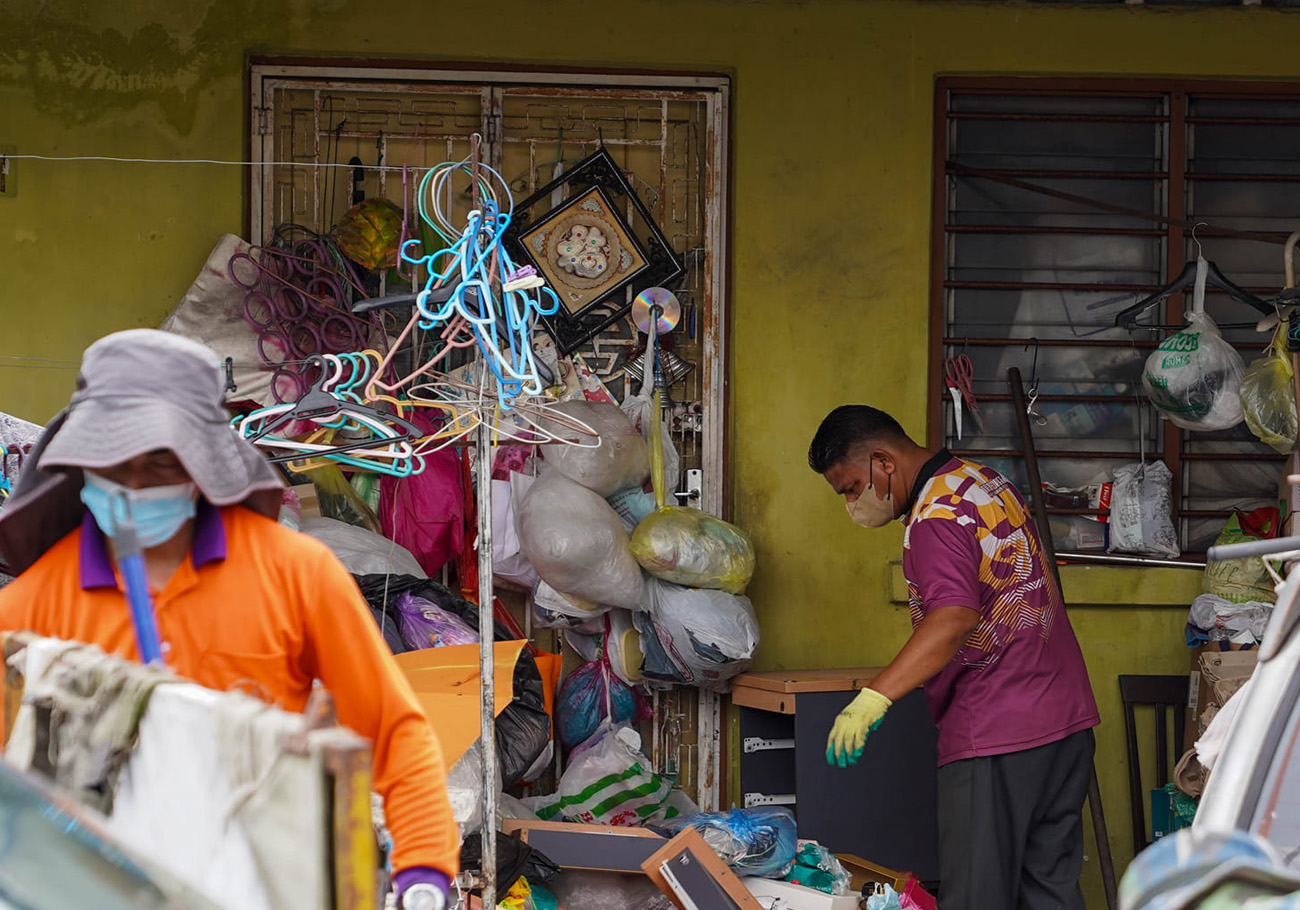
Hoarding disorder, classified by psychologists as obsessive-compulsive personality disorder (OCD), is a challenging mental health condition that can lead individuals to accumulate and retain items excessively, often at the expense of their living spaces and the surrounding environment.
In this case, the woman’s well-intentioned environmental concerns escalated into a disruptive and hazardous situation.
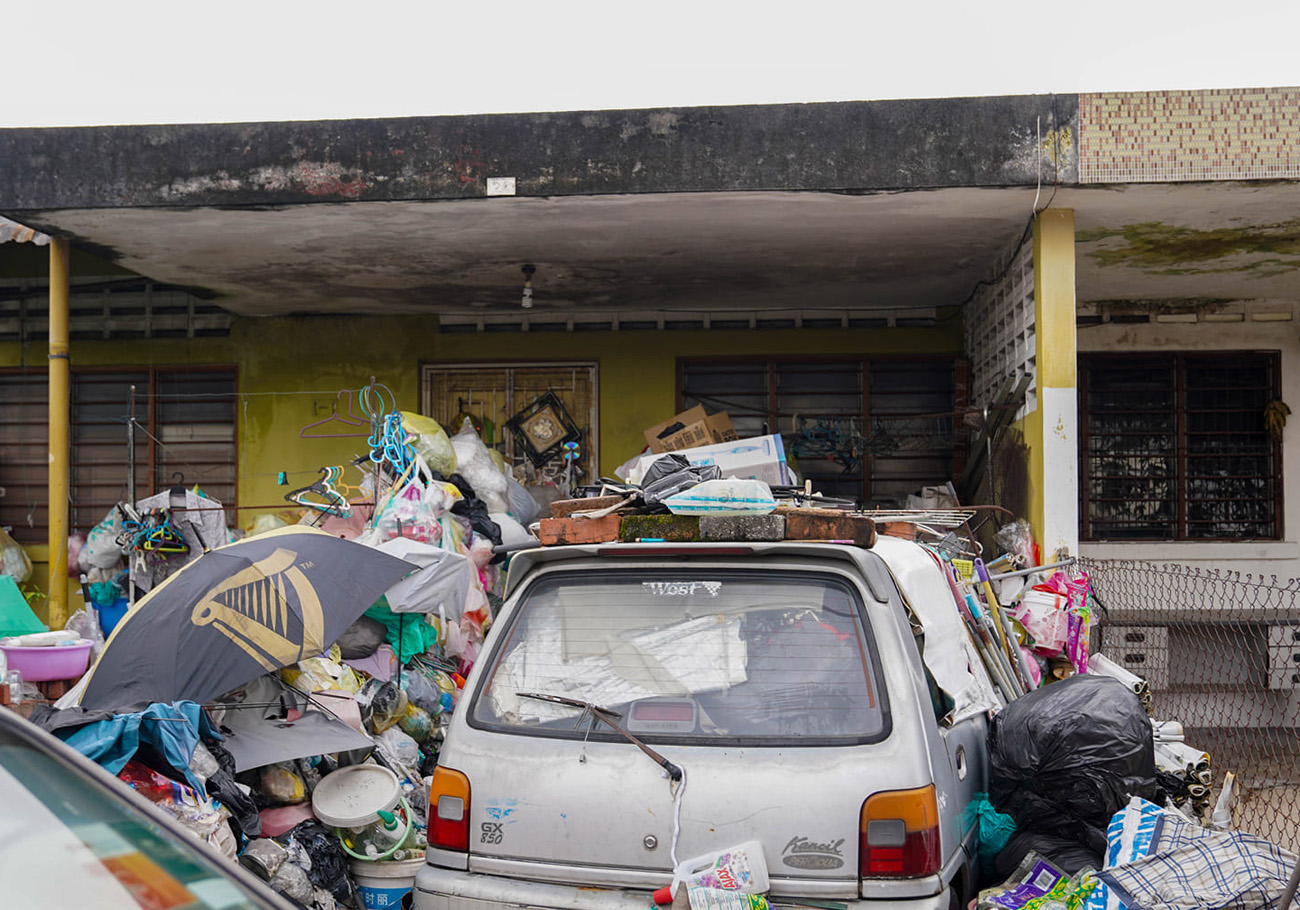
MBI’s intervention was necessary to mitigate the health and safety risks posed by the unmanaged accumulation of recyclables. The deployment of three eight-tonne lorries highlights the scale of the issue, as they were required to remove the massive pile of garbage from the property.
Efforts to address hoarding disorder typically involve a combination of counselling, therapy, and support services to help individuals manage their compulsions and regain control over their living spaces. In this instance, despite prior attempts at intervention, the woman’s condition persisted, necessitating legal action to rectify the situation.
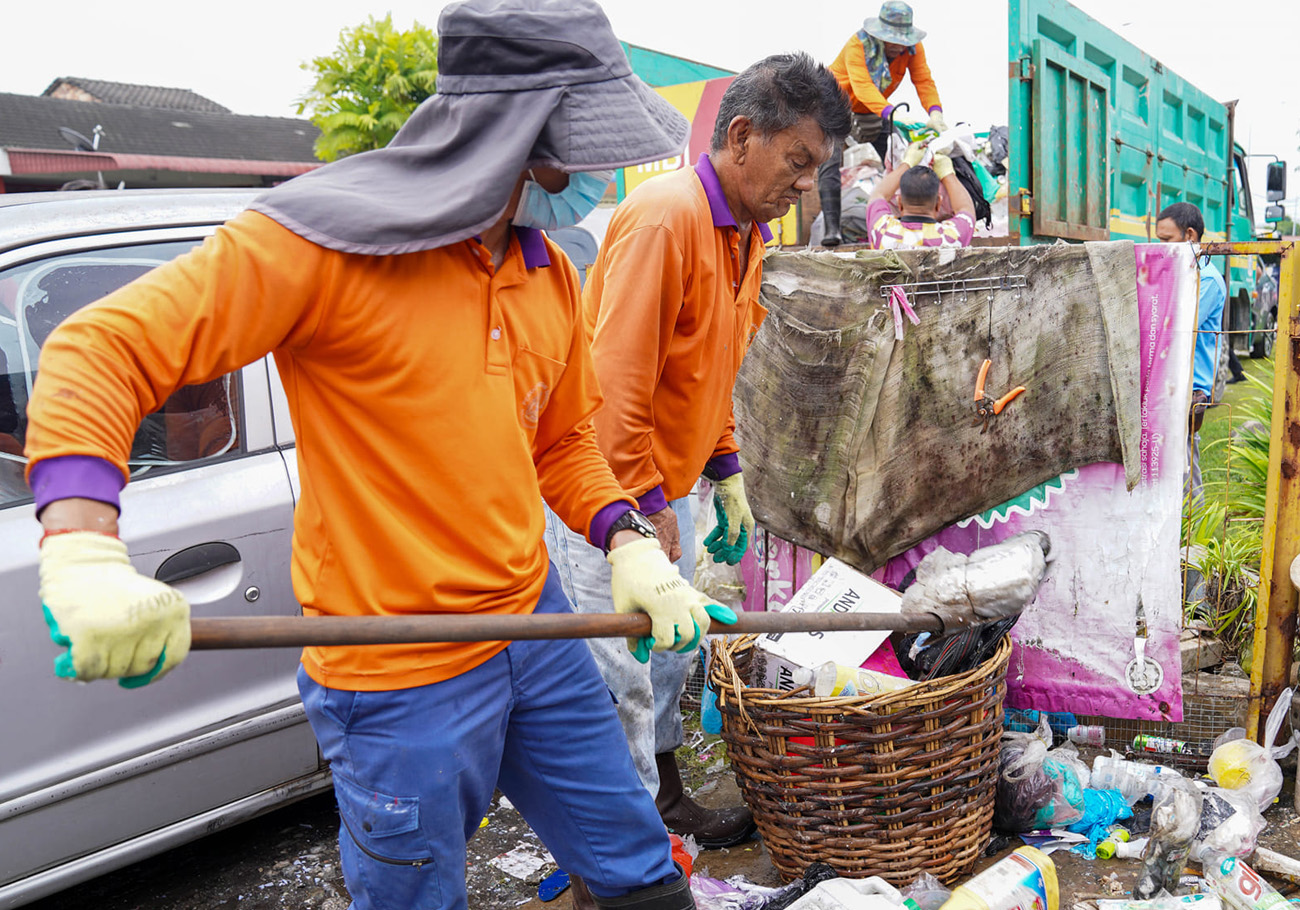
The Ipoh City Council’s recent operation to address a hoarding disorder case serves as a reminder of the challenges posed by mental health conditions like obsessive-compulsive personality disorder (OCD). While the woman’s concern for the environment initially motivated her actions, the situation escalated into a health and safety hazard for her neighbourhood.
Ipoh City Council (MBI) had to take decisive action, deploying three lorries to clear the substantial pile of accumulated garbage. Despite prior counselling and advisories, the woman persisted in hoarding recyclables, necessitating legal measures.


